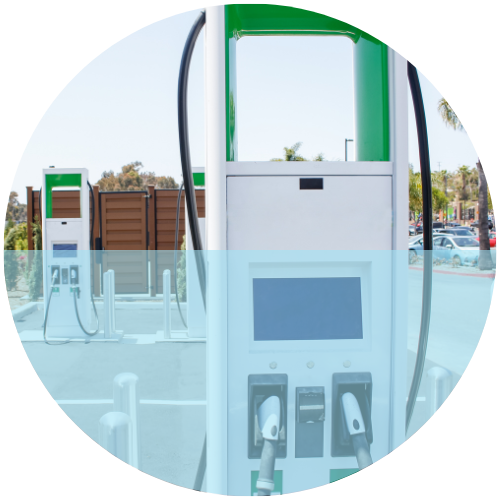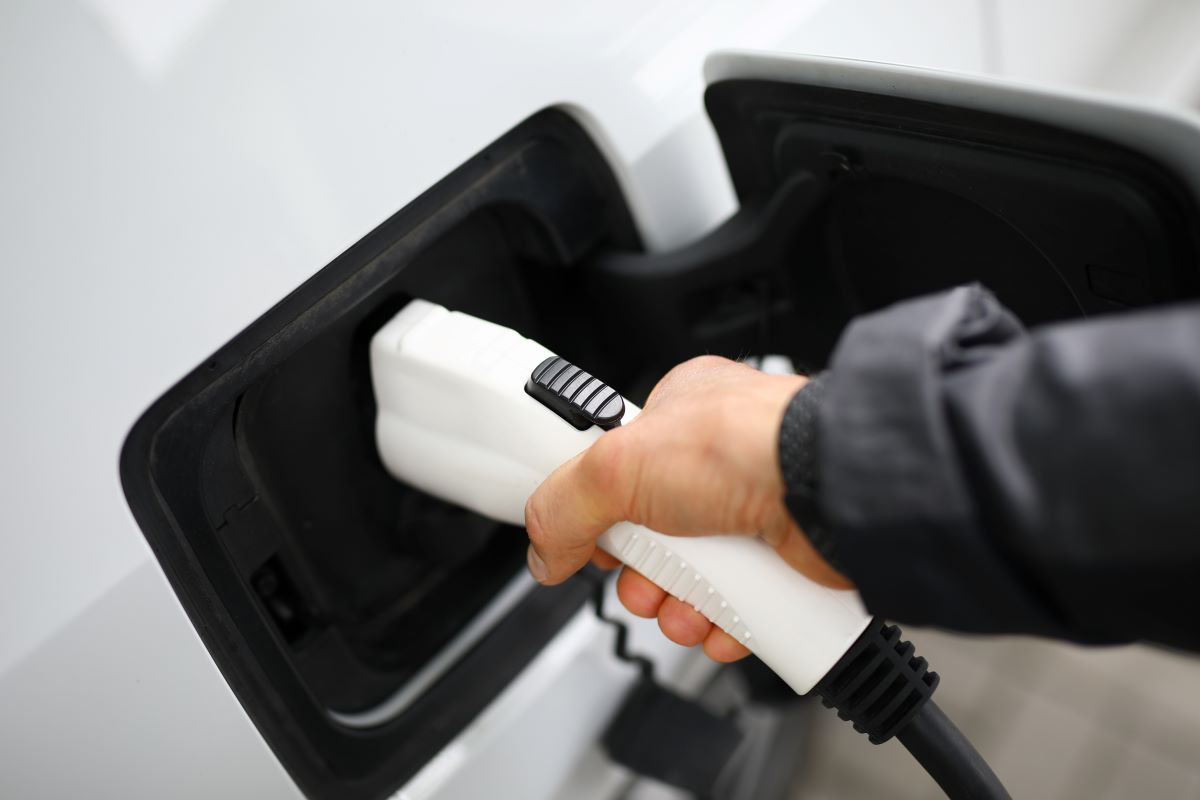On 19 April, the Australian Government announced its National Electric Vehicle Strategy (NEVS).
NEVS focuses on increasing the uptake of electric vehicles (EVs) to reduce emissions. It also presents significant opportunities for businesses supplying EV charging infrastructure.
We sat down with Carola Jonas, CEO & Founder of EV-charging experts Everty, to discuss the objectives and opportunities presented by NEVS.
National EV Strategy objectives
The NEVS framework aims to get Australia’s road transport sector on a pathway to net zero emissions. Years of industry conversations – plus more than 300 responses from individual businesses, including Everty – and consultation with the EV Council have formed the backbone of the strategy.
It aims to:
- increase the supply of affordable and accessible EVs
- encourage an increase in EV demand, and
- establish the resources, systems and infrastructure to enable rapid EV uptake.
NEVS initiatives
Big ticket items announced as part of the NEVS include:
- a national network of EV chargers on major highways
- increased focus on Government fleet purchasing, and
- a national mapping tool to support investment in, and deployment of, EV-charging infrastructure.
The strategy also outlines initiatives to support battery recycling, infrastructure planning, apartment building design, and rolling out world-leading training for emergency services workers.

Opportunities to watch for our Channel Partners
Carola suggests some specific schemes and opportunities for our Channel Partners to keep an eye on:
- The Driving the Nation Fund, which will provide $39.3m of funding to the National Roads and Motorists’ Association (NRMA). The NRMA will match these funds to build 117 fast EV chargers at sites across Australia’s national highways. The infrastructure will better connect towns and cities with populations of more than 10,000 people.
- The Australian Renewable Energy Agency (ARENA) is backing the deployment, operation and management of charging infrastructure through a new $70m round of grants.
Now is also the time to get familiar with the various projects, schemes and funding initiatives on offer.
“There’s a lot of state and federal funding available,” notes Carola. “Businesses need to understand what this funding is to make the most of those opportunities.”
Here’s what to keep an eye on.
Skills & training
New Energy Apprenticeships and New Energy Skills Program will make it cheaper and easier to employ apprentices and to train new staff in the energy sector. This includes support payments to staff and wage subsidies to employers.
State & territory investments
State and territory EV infrastructure and charging investments, such as:
- WA Government’s $22.9 million investment to install almost 100 charging stations at 49 locations, and
- NSW’s EV destination charging grants to co-fund the purchase and installation of EV chargers in eligible regional NSW destinations.
Future Fuels and Vehicles Strategy (FFS)
Administered by ARENA, the FFS Strategy funnels funding to organisations that demonstrate that they’re transitioning to electric vehicles. The first funding round has now closed, but bookmark the Future Fuels Fund page to stay up to date with additional funding rounds.
What’s missing from the NEVS?
The most notable exclusion from the NEVS is the establishment of fuel efficiency standards, or emission standards. These standards exist in all other developed nations and their absence has damaged Australia’s appeal as a market for international EV manufacturers for years.

“The National EV Strategy is a good first step, but we can and must do more as a country. The most important thing to get right is immediately introducing fuel efficiency standards.”
– Carola Jonas, CEO & Founder, Everty
What does all this mean for my business?
The NEVS is great news for businesses that supply EV-charging infrastructure, which will benefit from increased demand as EVs become more widely adopted in Australia.
EV-charging infrastructure is fast becoming a ‘must have’ for business customers. Businesses with a view to future-proofing their operations are well advised to consider current and future charging needs at the same time as designing their solar and storage solutions.
PRO TIP! It’s more cost-effective to bundle services, so now is the time for solar businesses to get serious about focusing on this as a key offering. Broach the topic with your customers and recommend that they install EV chargers at the same time as solar power and storage.

“EV charger installation is not a one-time transaction with a customer. You can sell ongoing maintenance and upgrade of the infrastructure – and create a new revenue stream for the future.”
– Carola Jonas, CEO & Founder, Everty
Sign up for Smart Hub to stay informed on the latest news and insights, plus access free training, webinars and events!

